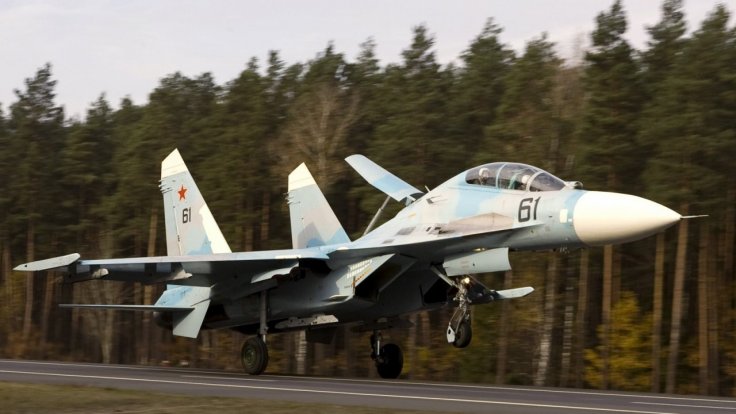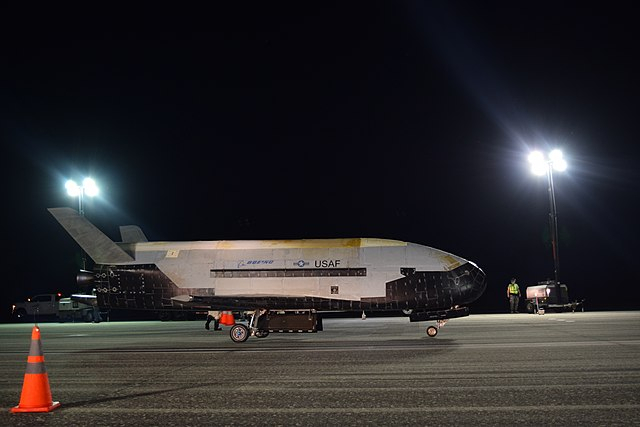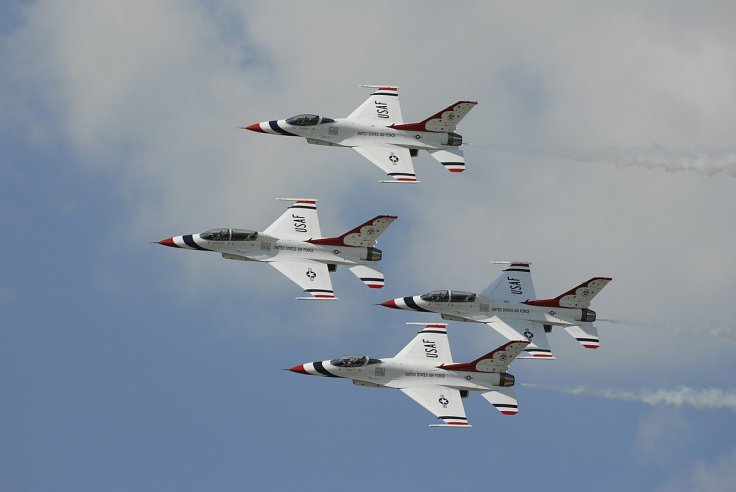U.S. aircraft have reportedly been patrolling possible Russian military bases in Cuba and Venezuela for the past three days, according to Avia.pro, which refers to data from Flightradar24 service. According to the publication, the U.S. surveillance flights are in a bid to monitor the possible locations where Russian nuclear weapons could be stored.
According to the New York Times, Russia is planning to deploy nuclear missiles closer to the United States. The news comes just hours after e White House Press secretary Jen Psaki on Tuesday warned that Russia could invade Ukraine "At any time" as the situation is "extremely dangerous."
US War Planes Over Cuba Venezuela

According to the Avia.pro report, the United States in a bid to gauge the situation has been flying warplanes near Russian military bases in Cuba and Venezuela as it fears that Putin may have ordered his military to store nuclear bases close to the United States.
The authors of the article in the authoritative US publication have compared this situation to the Caribbean crisis in the 1960s, when the USSR had deployed nuclear weapons in Cuba as it is close to the United States.
Interestingly, while answering a question about the deployment of Russian missiles in Cuba and Venezuela, Putin's official spokesman Dmitry Peskov said that those were sovereign countries. According to Peskov, it is up to the Latin American countries to decide whose military bases they are ready to have on their territory. As of now Russia has military bases in Cuba and Venezuela and storing nuclear weapons is a way to indirectly threat the United States.
That said, it is not known how many surveillance flights the United States has been conduction over these two locations over the past three days.
Tension Mounts

Tensions between Russia and Ukraine have been escalating over the past few weeks with Psaki warning on Tuesday that the situation is extremely critical. "We're now at a stage [in the Russia-Ukraine conflict] where Moscow could at any point launch an attack on Kyiv."
Addressing the press during a briefing, Biden's press secretary rang alarm regarding the Russian invasion threat as she labelled the situation as "extremely dangerous," adding that the language of Washington "is starker than we have been."
The United States still has kept the doors for diplomacy open with Russia, with US secretary of state Antony Blinken speaking to his Russian counterpart, Sergey Lavrov. Both leaders have agreed to meet in Geneva this week.

Psaki on the other hand said that Russia would face "severe consequences" if it chose not to pursue the diplomatic path.
Other nations too have been trying all possible means to help Ukraine and force Russia to adopt a diplomatic route to solve the crisis. Blinken's decision to meet Lavrov comes just days after Germany's new chancellor, Olaf Scholz, threatened that his government was going to halt the controversial Russia-Germany Nord Stream 2 energy pipeline in response to the Russian invasion of Kyiv.
Moscow is preparing to conduct joint military maneuvers with Belarus in February as tensions on the border with Ukraine remain at an all-time high. Belarusian dictator, Alexander Lukashenko, an ally of Putin, has been a strong dissident of eastern NATO member states.
In a speech after a meeting with Belarusian military officials on January 17, Lukashenka said that the exact dates of the Russia-Belarus military drills have not yet been determined, nor did he specify the troop figures that will be involved.








